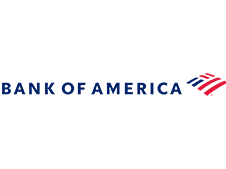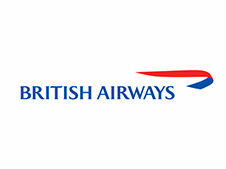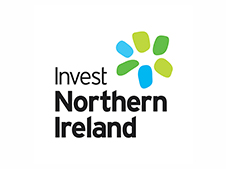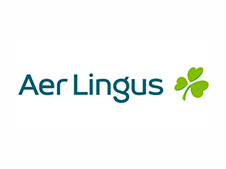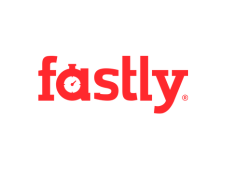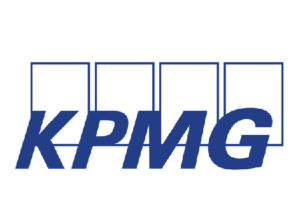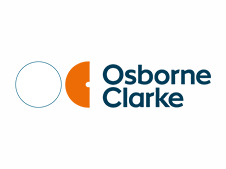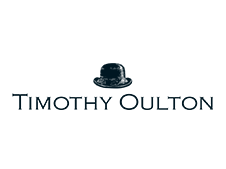As we begin to take our first tentative steps out of lockdown, to meet family and friends once again – albeit at a safe distance – we can perhaps also start to take stock of the collective experience that we have endured together.
At the Charities Aid Foundation, our role is to assist and encourage giving in all its forms. We help donors to get much-needed funds to charities working across countless areas, we assist companies that want to give back to the communities that support them and we help charities to manage their finances and offer tools to put them in the best possible position to fulfil their mission.
Through the CAF American Donor Fund we also offer specialised assistance to dual US-UK taxpayers to ensure that their donations are seamless and tax effective in both countries. This also gives us first hand experience of the world-leading levels of generosity that exist in both countries. The CAF World Giving Index 10th anniversary edition, which we released late last year, looked at a decade worth of giving patterns around the world. Not surprisingly given its proud history, the United States was ranked as the world’s most generous nation over the course of the study. The UK, consistently in the top 10, came in seventh place over the same period.
CAF’s research division has been keeping close tabs on the impact of the pandemic on the charity sector and the past few months have been a true eye-opener. The amount of demand for the services offered by charities has increased dramatically, in some cases our polling found that demand was up more than 50%. The need for basics such as food, hygiene products, medicines, home care support for the most vulnerable all surged just as many charities told us that with vital fundraising events cancelled, volunteers forced to self-isolate and cafes, charity shops and other sources of income cut off overnight, they simply would not survive the pandemic. Our ongoing polling of charities revealed that as many as 50% did not think they would survive the year without urgent help.
It has been a sombre time but for many of us it has reinforced the tremendous contribution of charity in all of our lives – something that had perhaps been undervalued or more likely just flew below our radar. Our past research found that while three quarters of every household in the UK had used a charity’s services in the year prior – three in every 10 of us did not realise it was a charity. A lot of those are things like visits to National Trust properties, galleries, museums, canal tow paths, gardens and local theatres – but they are all charities and they are all feeling the effects of Covid-19.
On the positive side has been the response by so many people who instinctively picked up the phone and asked how they could help. Where were donations most needed? How quickly could we get funds to the charities that they wanted to support? Could we move faster? Or should they hold back for a few months and help with the recovery phase?
It is not surprising that charities associated with frontline health care delivery were the first port of call for many clients. CAF American Donor Fund clients made significant gifts to major hospital charities with one donating £100k to the Royal Brompton & Harefields Hospitals Charity so that they could quickly buy ventilators. Another client has made a significant donation into the ongoing hunt at UK universities for a vaccine.
Our research revealed a trend among UK households to shift their charitable donations away from animal charities and services for children and young people – which are usually the top two cause areas highlighted each year in the UK Giving Index. Instead, people were understandably choosing to donate primarily to health-related causes.
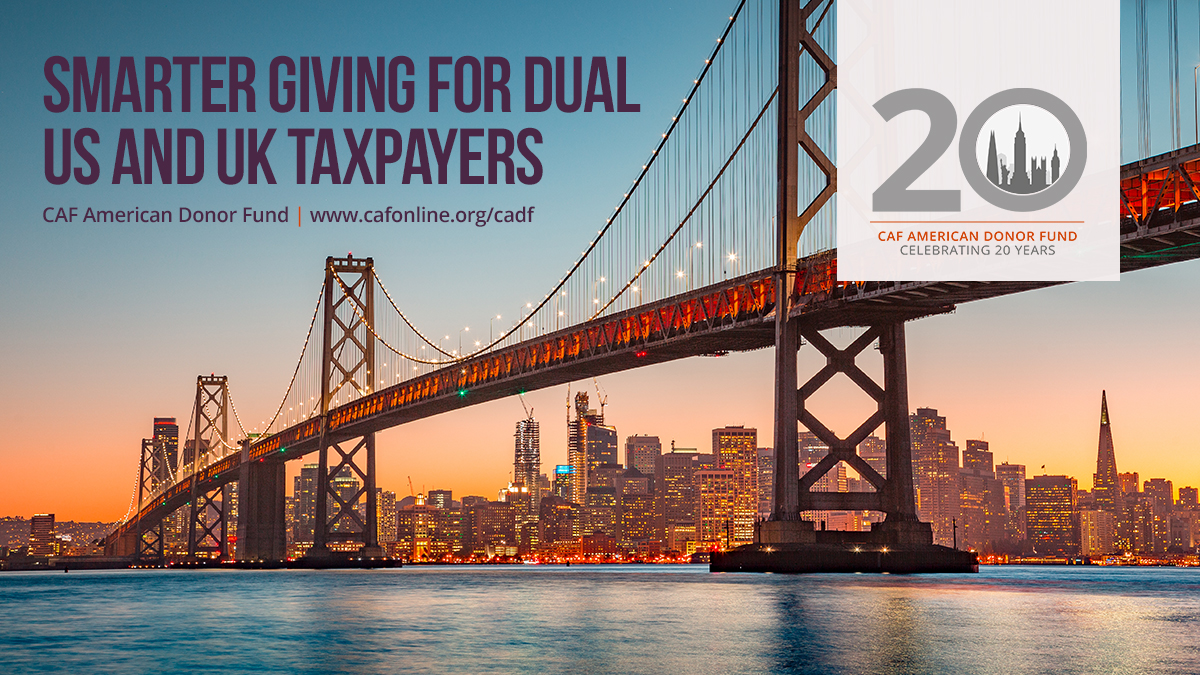
At CAF, we are particularly proud to report that clients did not divert donations from the multitude of causes they normally support, they instead made additional donations to Covid-19 related charities. Many of our American clients continued the proud tradition of making major gifts to universities and colleges in the United States at the end of the academic year, while also offering dedicated one-time gifts to charities working in poverty relief and medical research linked to the coronavirus. Others increased their support for arts and culture charities, recognising the dramatic financial impact on the creative industries of the lockdown. And others sought to join the immense international relief effort underway to ensure that poorer countries around the world could prepare for when the virus took hold.
As we all search for positives in such tough times, we were very pleased to hear from clients who had formed new relationships with charities and causes that they had not previously come across. These included some of the very local assistance efforts underway to assist the most disadvantaged or the disabled, or a newfound appreciation and desire to help in the work of foodbanks and the burden they carry in trying to feed so many families, many of whom have found themselves in food poverty for the first time.
Recognising the additional dangers of lockdown for some, clients also asked to direct their donations to women’s shelters and charities supporting NHS staff and mental health initiatives. Many people went far outside of their usual donation path and in doing so have been introduced to some of the amazing work happening locally, nationally and internationally.
Some philanthropists have chosen to revisit their longer term giving plans and have moved forward what they had viewed as a multi-year project in order to provide immediate help. Additionally, many have heard the cry of charity leaders for the need for unrestricted funding – meaning donations that are not directed towards a defined area of their work; an example would be a building fund for a new church hall. Instead, donors signalled that their donations could be used at the discretion of the charity’s leadership. In many cases, that means it will be used to pay overheads such as rent and utilities to ensure that, once recovery is fully underway, they are able to resume their services and will not incur large debts along the way. It might not sound like a life-changing donation, but these are the small changes that can ensure a charity’s survival.
Others have asked us for guidance on how best to fund the next phase for charities as they seek to recover lost revenue. CAF is a recognised expert in helping charities to build their resilience and has just taken a small group of charities through a two-year pilot project to help them build resilience. The project, conceived well before coronavirus, was intended to help them address any shortcomings in governance or perhaps staff skills and to give focus to their mission. Funded by a CAF private client, its lessons could not have come at a better time as they have been better equipped to face this crisis on sound footing.
And sound footing is exactly where we all want to land. The next weeks and months will continue to confound us all in many ways, but these extraordinary recent times have also given those of us working with charities and the people who choose to support them a steady supply of inspiration, of cause for hope that some good will come of tragedy and the role of charities in all of our lives will be more appreciated than ever.
For more information about the CAF American Donor Fund, please visit: www.cafonline.org/cadf or email: cadf@cafonline.org
This article has been originally published on The American magazine website on 1 July 2020.

